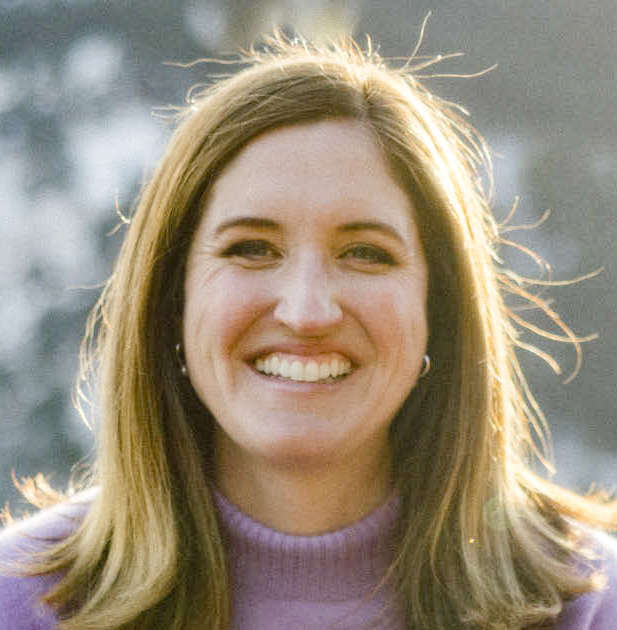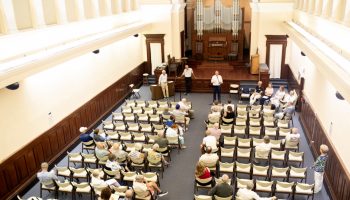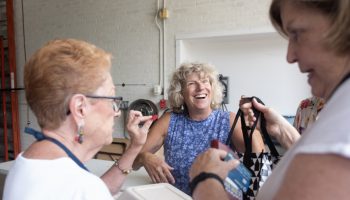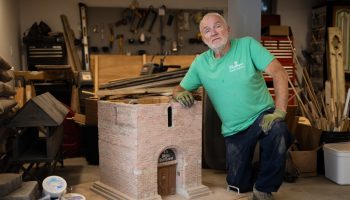
Megan Brown
Staff writer
From running cross-country and track for Queensbury High School to doing the same at Harvard University, Erin Sprague has been a lifelong runner. When she realized she could become the youngest woman to run a marathon on all seven continents, she jumped at the opportunity.
Because Antarctic tourism is heavily regulated, she and a few other runners shared a boat with scientists, all of whom were talking about climate change. They told Sprague that she and the runners couldn’t have run there 10 years ago because it would’ve been too cold.
“Antarctica is this really magical place,” Sprague said. “It’s a place where humans don’t exist, and I actually credit it with probably being part of my early foundation in environmentalism, because I just became fascinated by this place where if you saw any pollution, it didn’t come from there — it came from humans outside of there.”
At 12:15 p.m. today in Smith Wilkes Hall, Sprague will give a lunchtime lecture for the Chautauqua Climate Change Initiative on protecting national parks and monuments, in collaboration with the Bird, Tree & Garden Club.
Sprague now serves as the CEO of Protect Our Winters, a climate advocacy organization that empowers the outdoor community to fight against climate change. When people fight against climate change, Sprague said there are two categories: activists and enthusiasts.
“POW is more of an enthusiast movement,” Sprague said. “We are about anyone who loves the outdoors. There are 181 million of them in the U.S. If we united, we will be the largest interest group. We would win every election, we would influence every issue.”
With an issue as urgent as climate change, action has to be taken immediately, which Sprague, a self-described climate optimist, works to encourage people to do — both at the federal and local levels. As an example, she said, POW helped pass the Inflation Reduction Act.
“That is the largest climate legislation in U.S. history. It is truly one of the most meaningful things any administration — red or blue — has ever passed,” Sprague said. “Today, that legislation has been largely reversed by the recent One Big, Beautiful Bill that just passed through Congress.”
With that major setback, Sprague urges people to show up at the local level. On top of showing up to town council meetings, she also wants people to learn about their local utility districts.
“A lot of Americans who live outside of cities live in jurisdictions called rural electric co-ops, and those are board-elected non-profits that make decisions on where energy comes from,” she said. “You could run for that. You can vote for that. We participate in those elections all the time, and even just understanding where you get electricity from is a place that you can advocate.”
One of the biggest challenges in fighting climate change, Sprague said, is apathy. When she looks around a community of Chautauqua, she sees one eager to participate and have conversations.
“I’m excited to be in a gathering of people who want to learn and want to have an open discussion,” she said. “My hope is that everyone learns some new fact they didn’t know — maybe about clean energy, maybe about the importance of movement-building and systemic action — and then finally, I hope people feel that they have a way to take action coming out of here.”




